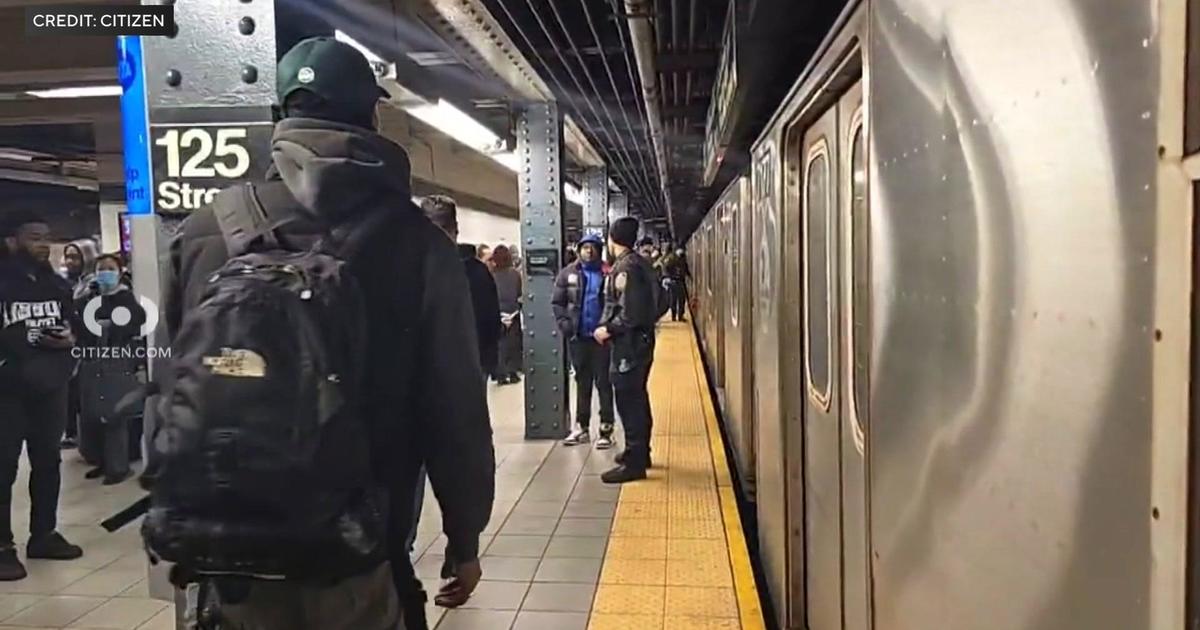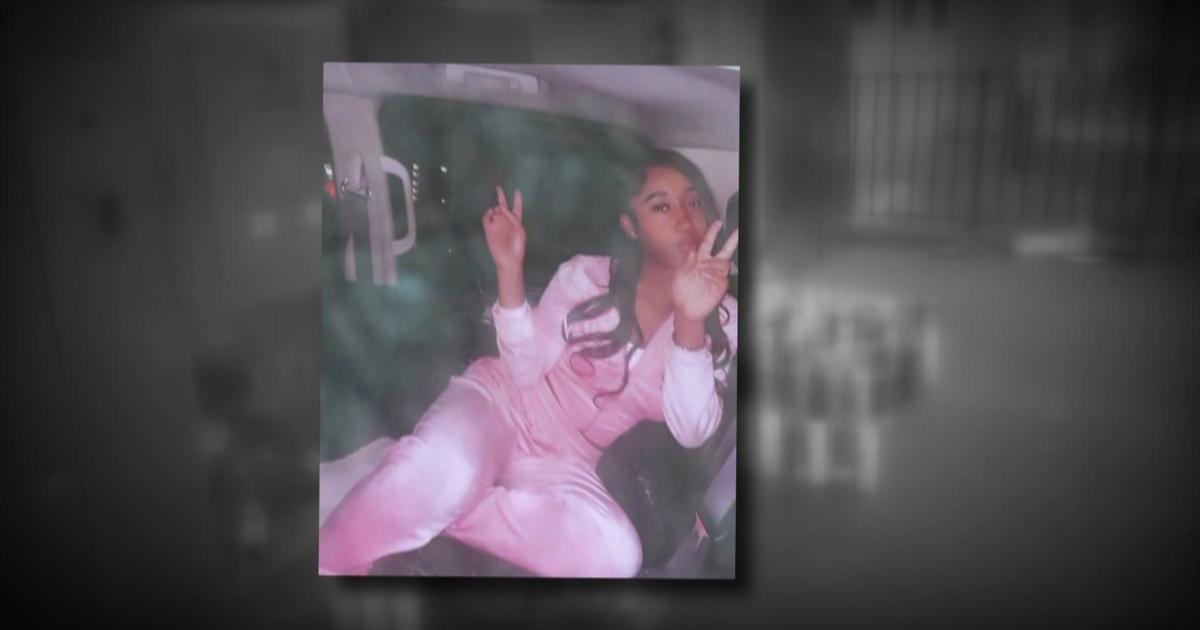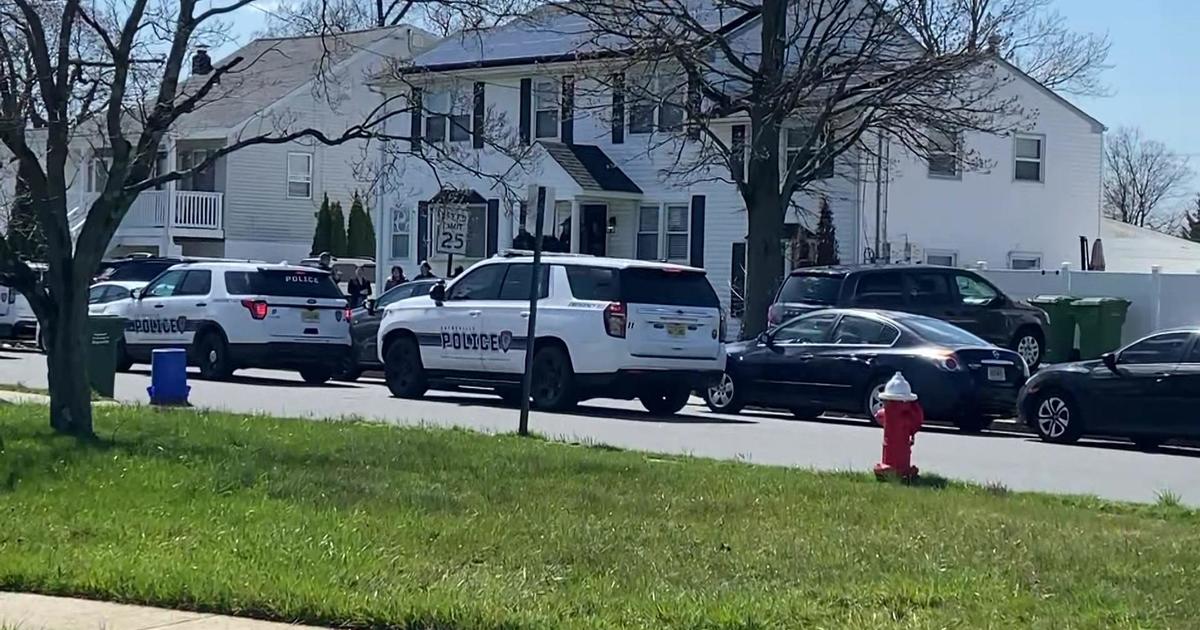DAs: More Time For Repeat Crimes; Courts Clogged
ALBANY, N.Y. (AP) -- Ronnie Earl had racked up more than 100 convictions when New York City police found him sleeping on the roof of a housing project last month. It was mainly low-level stuff -- drugs and trespassing came up a lot -- but when the 55-year-old went in front of the judge on the new trespassing charge, prosecutors had had enough. They asked for a year in jail on the misdemeanor.
"We were shocked that the DA's office objected when the judge indicated he was going to give Mr. Earl 30 days," said attorney Irwin Shaw, who heads the Manhattan criminal defense practice of the Legal Aid Society. "Because the complaint they drew up alleges he was sleeping on the rooftop."
Earl also has a spot on the Manhattan district attorney's list of the borough's 12 worst repeat misdemeanor offenders, a revolving door of mostly small-timers who clog an already backlogged court system. District Attorney Cyrus Vance said more than 2,000 people whom he calls "career misdemeanants" have been convicted of eight or more misdemeanors or higher-level crimes between 2005 and 2010.
Prosecutors want state legislation that would automatically turn a certain number of misdemeanor convictions into a felony calling for prison time or court-ordered programs to try and stop the repeating crime cycle. Federal authorities have a similar tool with enhancement factors for repeat offenses, including misdemeanors.
Eight other states have varying statutes that raise penalties for habitual or repeat misdemeanor offenders, according to the National Conference of State Legislatures. They include Arizona, Connecticut, Florida, Maryland, Missouri, Ohio, Texas and Wisconsin.
New York's Division of Criminal Justice Services data show 10,650 individuals convicted of five or more crimes across the state over the past three years, with one rapid repeater notching 51 convictions including six felonies since 2008, his latest in the Bronx. New York City altogether accounted for 8,824 of the repeaters, more than 80 percent.
Most are drug crimes, larcenies and thefts. DCJS Acting Commissioner Sean Byrne began posting the list of persistent offenders last year on a secure law enforcement website, updating it every three months. He urged prosecutors and police to monitor and make sure judges know them and to request high bail or jail time.
In the first year, the list declined from about 11,500. Byrne said it's no coincidence. "You get people to focus on their persistent offender population, and by focusing on it you conceivably take them out of circulation."
"These people by and large are supplementing their living or are actually making their living committing crime," Byrne said. "They affect the quality of life for New Yorkers. They put themselves into circumstances ... where they might opportunistically or accidentally escalate their behavior to a much more serious crime ... Society's given these folks break after break after break. At some point society puts its foot down."
New York Civil Liberties Union Executive Director Donna Lieberman said proposed legislation to crack down on repeat offenders is a poor move toward more incarceration instead of rehabilitation. New York City has increased marijuana misdemeanor arrests tenfold in the past decade, with a disproportion of blacks and Latinos arrested, and they would also be the losers here, she said.
"California is digging out from the mass incarceration that has resulted from similar laws," Lieberman said. "And the racial implications are huge. ... The ramifications, the collateral effect of the disparate, lopsided enforcement are enormous."
And defense lawyers said ramping up prison time for low-level crimes could have an unintended consequence, increasing court backlogs as more defendants decline to plead guilty to dispose of their cases.
In Earl's case, the judge set bail at $2,500, a third of what the prosecutor asked. He is due back in court next week, and the defense now may insist on a trial that could take days.
"He's basically in our courts every month," said Erin Duggan, spokeswoman for Manhattan prosecutors. Earl has refused social services and is essentially serving a life sentence 30 days at a time, she said.
Bills were introduced in the Senate and Assembly in January: One increases the penalties for a Class A misdemeanor after three misdemeanor convictions within 10 years, and another stiffens the penalty if there are five other misdemeanors within five years. Both were referred to committees. Neither has advanced.
Vance proposes eight misdemeanors in five years rising to a felony. He said that gives judges more tools for ordering supervision and services or longer jail time.
"Is there someplace we can draw the line?" said Franklin County District Attorney Derek Champagne, who heads the state association of DAs. "There's been substantial resistance by some people against setting the mark. But can't you set it somewhere?"
Byrne has also asked prosecutors and police to check whether persistent offenders' DNA is in the state data bank, which is checked against crime scene DNA. Samples are required from people convicted in New York of felonies and selected misdemeanors. Some prosecutors have begun requiring it as a condition of plea bargains to lesser crimes.
A DCJS study of 2009 data showed 89 percent of suspects arrested for a felony had a prior misdemeanor conviction.
"That's the concern. If they're committing felonies, plead guilty (to a lower charge), do time, do not get treatment, do not get help, in some cases cannot be forced into treatment, what type of felony are they going to commit next?" Champagne said.
(Copyright 2011 by The Associated Press. All Rights Reserved.)



